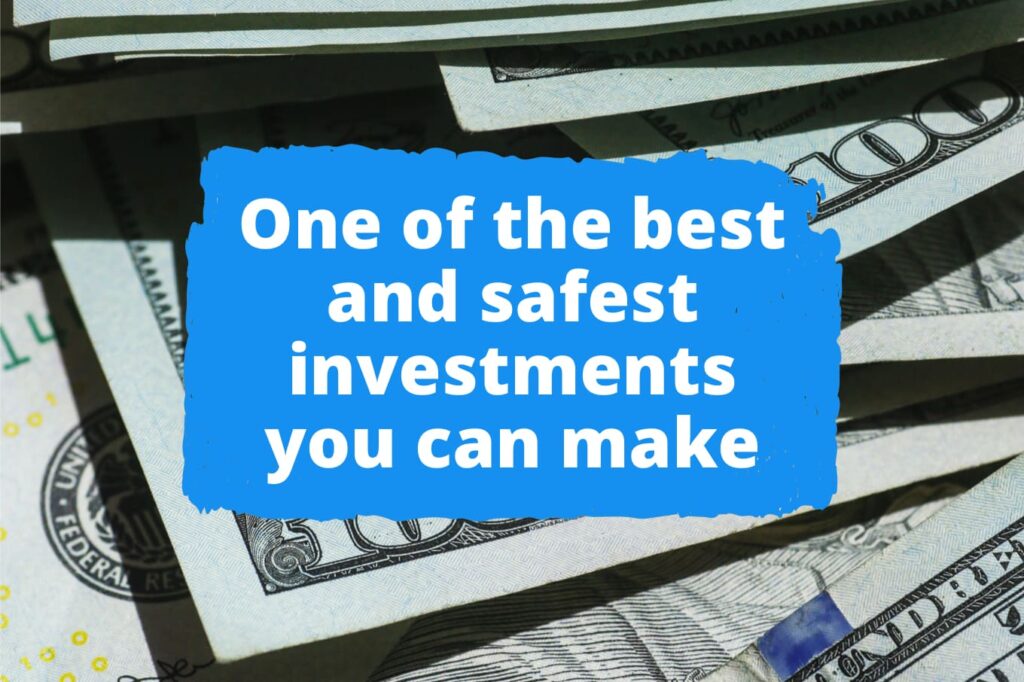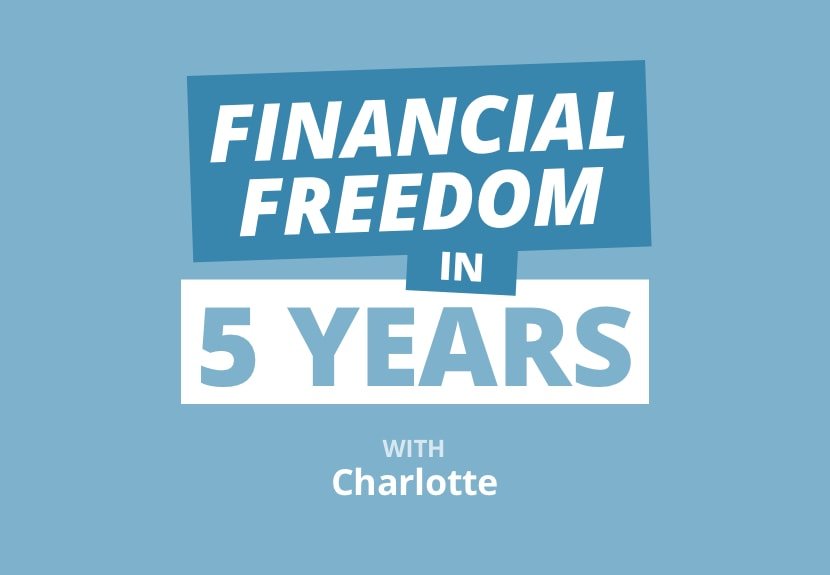[ad_1]
Collective energy switches are where a trusted group (such as a council or our Cheap Energy Club) gets energy firms to bid to provide special tariffs, which are only offered to registered members. Councils across Britain have been running these for a number of years in partnership with group-buying experts iChoosr, under the ‘Big Community Switch’ brand.
The latest council event has just opened for registration – with many touting them as a great way to save. However, it’s only registration to be part of the event that is open, the tariffs themselves won’t be available until the end of February 2022, and we have no idea until then as to how good these tariffs will be – so it’s key not to put all your eggs in one basket to save on your energy bill, as it’s likely not to be all it’s cracked up to be.
And bear in mind that right now there is nothing meaningfully cheaper than the price cap, which means for the time being, for most switching isn’t worth it. The cheapest fix typical energy users can get today stands at £1,730/year, which is not only more than the current price cap of £1,277/yr but even more than the predicted new cap from analysts Cornwall Insight of about £1,700/yr from April 2022. See Martin’s new energy crisis help video for more.
You can still sign up, but it’s important to see this as a side bet – if energy prices do start to fall next year, don’t rely solely on these schemes. Once the tariff info is available, always do a full market comparison via our Cheap Energy Club to see how the deals they offer stack up to the rest of the market.
What does iChoosr say?
iChoosr spokesperson George Frost said: “The collective energy switching schemes run by iChoosr in collaboration with councils provide a safe environment for people to make an informed decision where they might otherwise not act. We conduct our auctions amongst the bigger, established suppliers with the intention of allowing people to see if they can save money or not – we do not guarantee to offer the cheapest in the market, which might involve smaller less stable suppliers.
“If people cannot save money by switching to our auction-winning tariff, we tell them that is the case. Indeed, in the October auction, bids were significantly higher than the price cap, so our advice to everyone was to not switch and this remains the case. To be clear, we did not even provide an option to switch.
“No one knows where the market will be when we conduct our next auction in February after the new tariff cap should have been announced. If the tariff cap moves to a level above competitive open market fixed tariffs then there might be savings to be made for some households. However, as we have demonstrated in October, we are not afraid to tell people to not switch when it is not in their best interests.
“Our purpose is to drive greater consumer engagement with the energy supply market. Our advice to those who feel comfortable and confident using other switching channels is to do so as well. All of our customers will get clear and simple messaging to explain if a saving can or cannot be made.”
[ad_2]



